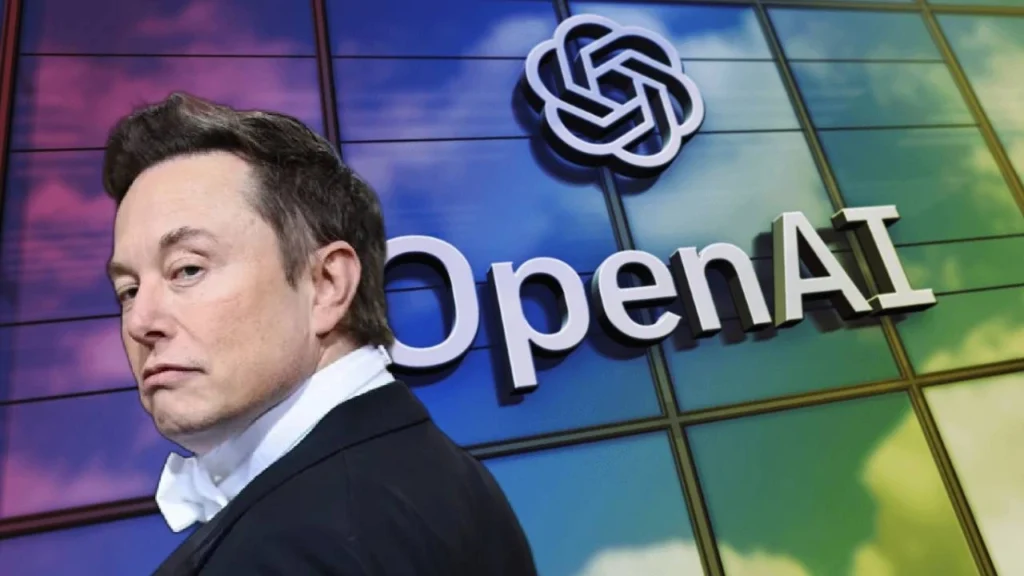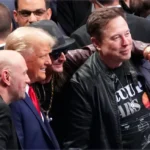
Elon Musk’s move to open-source xAI’s Grok Chatbot represents a significant shift in the AI landscape, highlighting the ongoing debate between proprietary and open-source AI development models. Musk’s decision to make GrokAI open-source contrasts sharply with the operating model of OpenAI, indicating a potential shift in how AI technologies could be shared and developed moving forward.
The dispute between Elon Musk and OpenAI adds a personal layer to this development, underscoring the complexities of AI development’s ethical, commercial, and ideological facets. Musk’s criticisms of OpenAI for deviating from its original mission towards a more profit-oriented approach reflect broader concerns in the tech community about the direction of AI development and accessibility.
Open-sourcing GrokAI can have multiple implications:
- Innovation and Collaboration: By making GrokAI’s source code available, Musk is inviting global developers to contribute to its development, potentially accelerating innovation and improving the technology beyond the capabilities of a single organization.
- Ethical AI Development: Open-source models are often viewed as more democratic, potentially addressing concerns about AI ethics and the concentration of power within a few entities. It can facilitate a broader discussion on AI’s role and impact, ensuring a wider range of voices contribute to its evolution.
- Competition and Industry Standards: Musk’s move may pressure other companies to consider more open approaches to AI development. It could lead to new industry standards for transparency and collaboration, challenging the current dynamics dominated by proprietary technologies.
- Accessibility: Open-sourcing GrokAI could democratize access to cutting-edge AI technologies, allowing startups and researchers with limited resources to explore and innovate in AI, fostering a more inclusive technological landscape.
- Legal and Ethical Implications: The transition to an open-source model also raises questions about intellectual property, data privacy, and the responsible use of AI. It necessitates robust governance structures to ensure that contributions are ethically aligned and legally compliant.
Overall, Musk’s announcement represents a pivotal moment in the AI industry, potentially heralding a new era of open-source AI development that prioritizes accessibility, collaboration, and ethical considerations. However, the success of this initiative will depend on the global developer community’s response and the establishment of a sustainable model that addresses the legal, ethical, and technical challenges associated with open-source AI.




































Leave a Reply